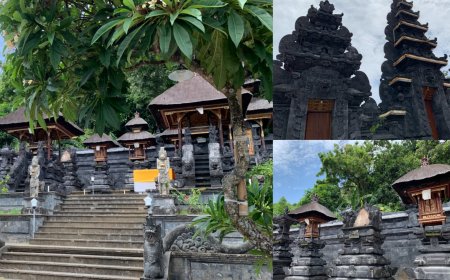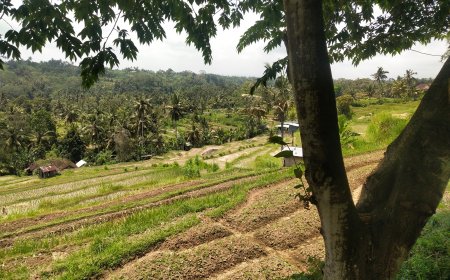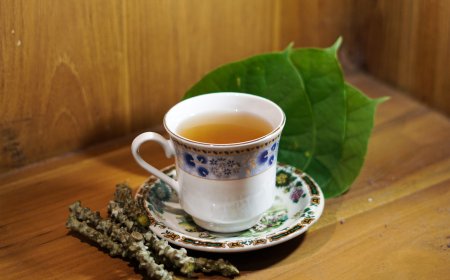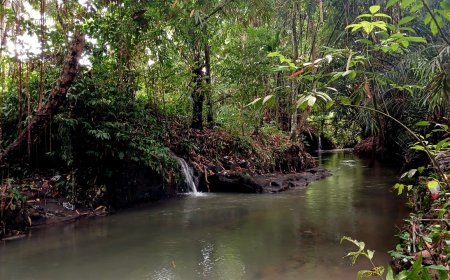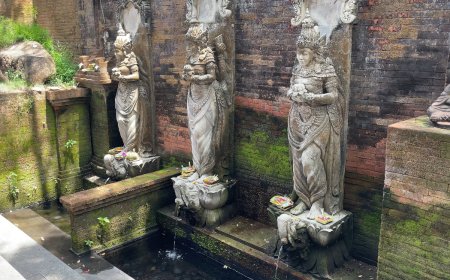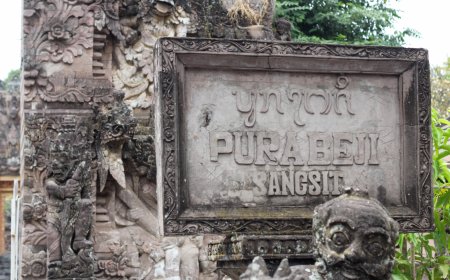Beji Langon Temple, An Ancient Water Source and Worship of Gangga
Beji Langon Temple, located in Kapal Village, Mengwi, Badung, is a sacred site of deep historical and spiritual significance for the Balinese. It is known as a place of worship for Gangga, the goddess symbolizing purity and flowing water, associated with the sacred spring found near the temple. The water at Beji Langon Temple is considered a source of life, providing for both ritualistic purposes and the daily needs of the community.
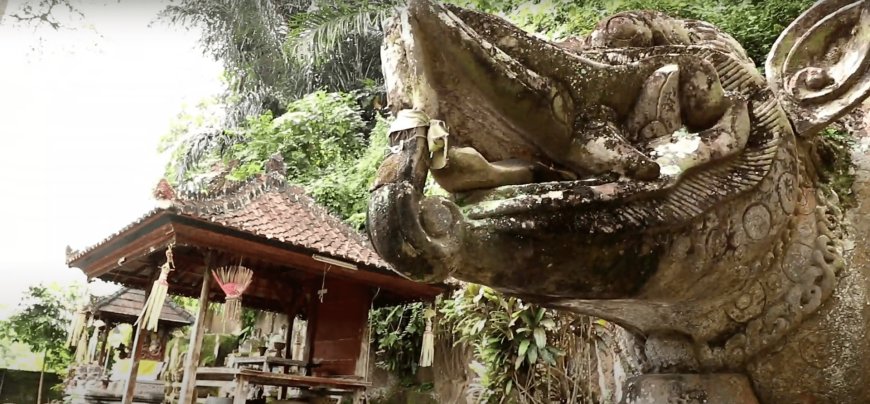
The Sacred Water and Its Functions. The spring in Beji Langon Temple plays a crucial role in various sacred rituals, especially during the melukat (self-purification) ceremony. The water is believed to possess spiritual powers that can cleanse both the body and soul from impurities and negative energies. The melukat ritual at Beji Langon Temple is often performed by Hindu devotees from different areas, seeking blessings and purification. The temple serves as a spiritual center, especially for those seeking life balance through purification rituals grounded in Hindu teachings.
In addition to melukat, the water from Beji Temple is used in other ceremonies such as Piodalan (the temple's anniversary), weddings, and major religious celebrations. The local community also uses the water for daily purposes, although in limited quantities and always with reverence for its sacredness.
The Monument of Beji Langon Temple (Photo Source: Private Collection)
Worship of Dewi Gangga and Dewi Rambut Sedana. Pura Beji Langon Temple has a special role in the worship of Dewi Gangga, the water goddess in Hindu tradition who is believed to bestow purity and blessings. While Dewi Gangga in Hindu mythology is closely related to the Ganges River in India, in Bali, she represents sacred springs that bring fertility and life. The Balinese people, particularly in the Mengwi area, worship Dewi Gangga in hopes of receiving protection, blessings, and prosperity. The goddess is believed to maintain the balance of nature, particularly concerning water, which is a vital element in daily life and religious rituals in Bali.
In addition to Dewi Gangga, Pura Beji Langon is also a place of worship for Dewi Rambut Sedana, the goddess representing wealth and prosperity. Dewi Rambut Sedana is revered as a symbol of both material and spiritual well-being. The worship of these two goddesses reflects the balance between spirituality and material wealth in the lives of the Balinese people. In Balinese Hindu beliefs, the worship of these goddesses is accompanied by various offerings such as flowers, incense, and food, made by the worshippers.
The Ancient Monument and Statue in Beji Langon Temple (Photo Source: Private Collection)
The Historical Elephant Statue. One of the main attractions of Beji Langon Temple is the ancient elephant statue that has been standing for hundreds of years. This statue, made of sandstone, symbolizes strength and wisdom. In Hindu tradition, elephants are often associated with Lord Ganesha, the god of knowledge and wisdom. The presence of the elephant statue adds historical value to Beji Langon Temple, making it not only a spiritual center but also a cultural site rich with historical relics.
The elephant statue is not just a historical tourist attraction but also carries spiritual significance. Many visitors come to see the statue, believing that it brings blessings and protective powers. As one of the valuable historical artifacts, the elephant statue at Pura Beji Langon symbolizes the grandeur of the temple and its influence on the religious and social history of the Balinese people.
Meaning and Relevance of Beji Langon Temple. Overall, Beji Langon Temple is a place that unites various important elements of Balinese Hindu tradition, from the worship of key deities, the practice of sacred water rituals, to the existence of historical artifacts that enhance the cultural richness of the temple. The spring in this temple is not only a source of life in a physical sense but also a spiritual symbol that nurtures the relationship between humans and nature, as well as between humans and the gods.
The presence of Beji Langon Temple in Kapal Village is not only significant for the local community but also for the Balinese Hindu population as a whole. This temple is one of the sacred places that preserves the tradition of worshiping natural elements, especially water, as a symbol of purity and life. Pura Beji Langon is also a prime example of how Balinese Hindu culture and religion have evolved over centuries, while still maintaining its strong spiritual roots.
As a spiritual and cultural destination, Beji Langon Temple offers a depth of history, spirituality, and natural beauty that blend harmoniously. This temple is highly revered and continues to be carefully maintained by the local community, as a legacy from their ancestors that must be preserved for future generations.




